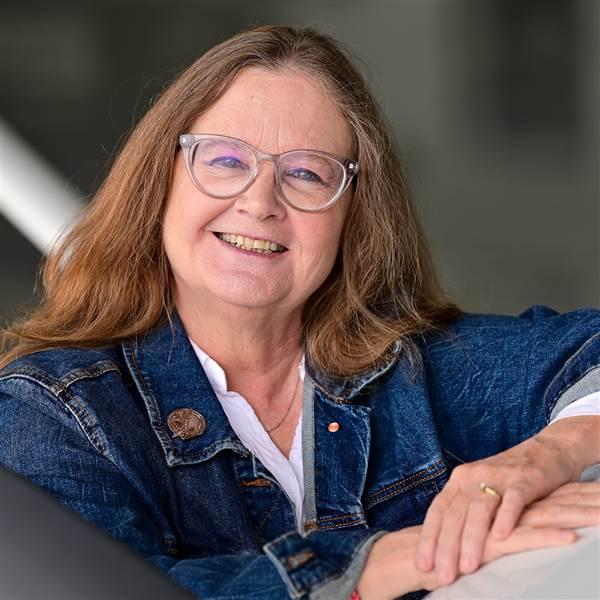Flight schools, along with the rest of the aviation industry, spent much of 2021 digging out from under the effects of the COVID-19 pandemic. President Donald Trump signed a $2.3 trillion package of bills on December 27, 2020, providing relief from the pandemic. Airports received $2 billion, of which $45 million was slated for general aviation airports. Meanwhile, aviation organizations pressed the FAA in January to continue to extend a special regulation issued in April 2020 to grant eligible pilots extra time to meet medical, currency, training, and testing deadlines.
With a new president in office, flight schools and general aviation pilots in Florida, New York, and New Jersey got a break from presidential temporary flight restrictions. Wilmington and Rehoboth Beach, Delaware, became the focus of new presidential temporary flight restrictions after President Joe Biden took office in January.
Pilot hiring, which had all but ceased in 2020, began to make a comeback early in 2021. And, a survey conducted by Redbird Flight Simulations early in the year indicated that flight training organizations were continuing to increase the size of their fleet and staff, flight instructors were content in their current roles, and pilots of all experience levels were continuing to train and express interest in pursuing additional ratings and certificates. The encouraging news was balanced by statistics from the FAA, which found that designated pilot examiners issued 3,180 airline transport pilot certificates in 2020, down from 6,690 issued over the same period in 2019.
The FAA caused a stir amongst the flight training community at large and the warbird community specifically by ordering a cease and desist against a Florida flight school for conducting compensated flight training without a required exemption in a P–40N Warhawk, a limited category aircraft. A federal court upheld the order over objections from AOPA and numerous other aviation organizations. The groups asked the FAA to revisit its initial view and to issue a statement that it would not take legal enforcement action related to any proposed new policies until a satisfactory resolution had been reached. In July the FAA doubled down on its position, issuing a new directive pertaining to flight training for compensation in limited, primary, and experimental category aircraft, and also began prosecuting flight instructors who had volunteered their time instructing in limited category aircraft and didn’t receive payment, arguing the volunteers had received compensation. AOPA called on members to urge congressional representatives to support legislation to clarify that giving or receiving flight training is not considered carrying a passenger for compensation for hire, and language was added to budget legislation in the House of Representatives, but subsequently removed by the Senate.
In November, the FAA also said it plans to publish a regulation that would require commercial balloon pilots to operate with a second class medical.
On a more positive note, the FAA did approve hundreds of additional piston aircraft engine models to burn the 100-octane unleaded avgas developed by General Aviation Modifications Inc.
Finally, progress on certifying electric aircraft in the United States has been slow, but Diamond Aircraft nonetheless announced its intent to compete for a slice of the electric flight training market by offering an electric version of its DA40, to be called the eDA40. The company said the airplane will utilize a battery system that can restore a depleted battery supply within 20 minutes. Certification is anticipated in 2023.



